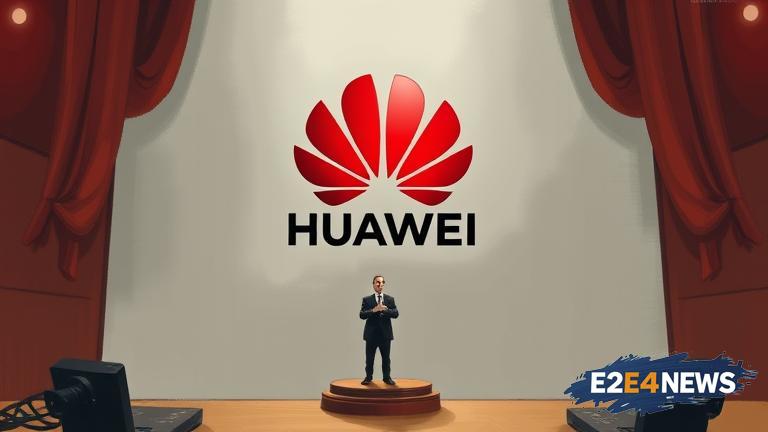Huawei, the Chinese technology giant, has filed a petition in a US court to deem a security law unconstitutional. The law in question is the National Defense Authorization Act (NDAA), which was passed in 2019 and prohibits US government agencies from using Huawei’s products and services due to security concerns. Huawei argues that the law is unconstitutional because it specifically targets the company without providing any evidence of wrongdoing. The company claims that the law is a violation of its due process rights and is an example of unfair treatment by the US government. Huawei’s petition is the latest development in the ongoing saga between the company and the US government, which has been escalating tensions over the past year. The US government has been pressuring other countries to ban Huawei’s products and services, citing security concerns and the company’s alleged ties to the Chinese government. However, Huawei has consistently denied these allegations and maintains that its products and services are safe and secure. The company has also argued that the US government’s actions are motivated by a desire to protect American companies and stifle competition. The NDAA law has had a significant impact on Huawei’s business, with the company reporting a decline in sales and revenue. Despite this, Huawei remains committed to its mission of providing innovative and secure technology solutions to its customers around the world. The company’s petition is seen as a bold move, as it challenges the US government’s authority and raises questions about the constitutionality of the NDAA law. The outcome of the petition is uncertain, but it is likely to have significant implications for the future of Huawei and the global technology industry. The case is being closely watched by industry experts and legal scholars, who are eager to see how the court will rule on the matter. Huawei’s decision to challenge the NDAA law is also seen as a test of the company’s resolve and determination to protect its interests and reputation. The company has faced significant challenges in recent years, including the arrest of its CFO and the imposition of trade restrictions by the US government. However, Huawei remains a major player in the global technology industry, with a significant presence in many countries around the world. The company’s products and services are used by millions of people, and its innovative solutions have helped to drive technological advancements and economic growth. As the case progresses, it is likely that we will see more developments and updates, and the outcome will have significant implications for the future of Huawei and the global technology industry.
